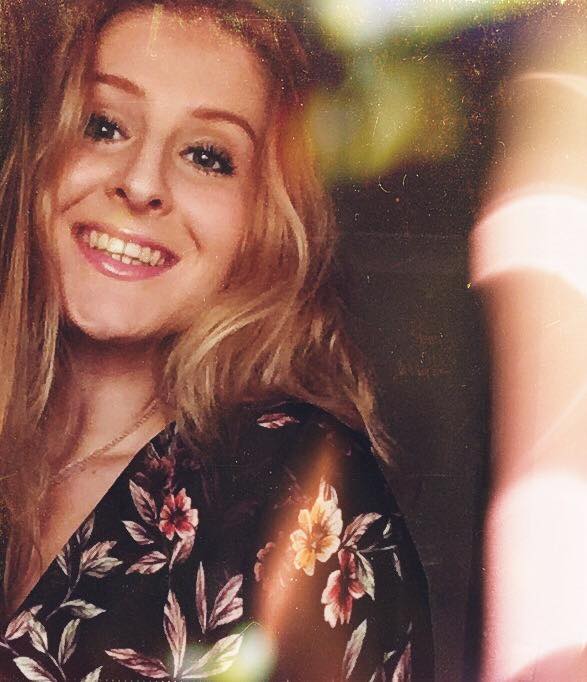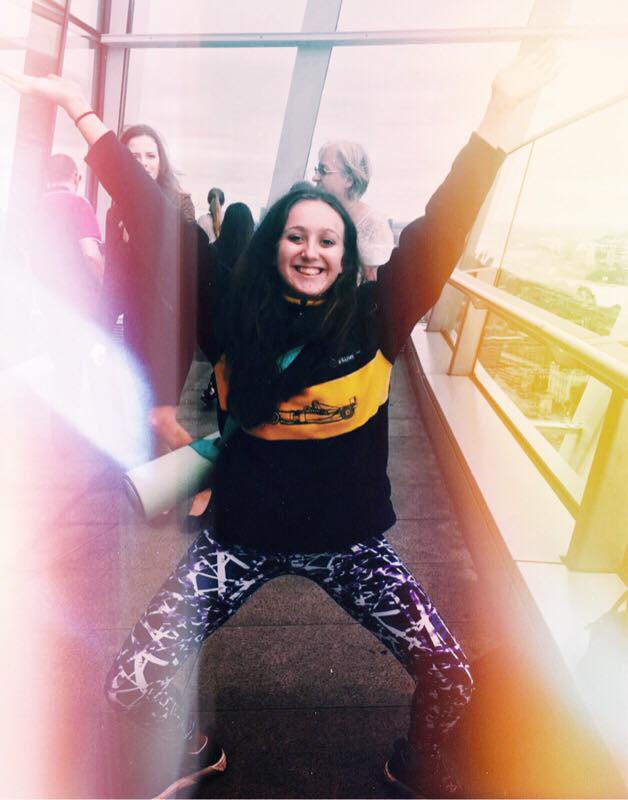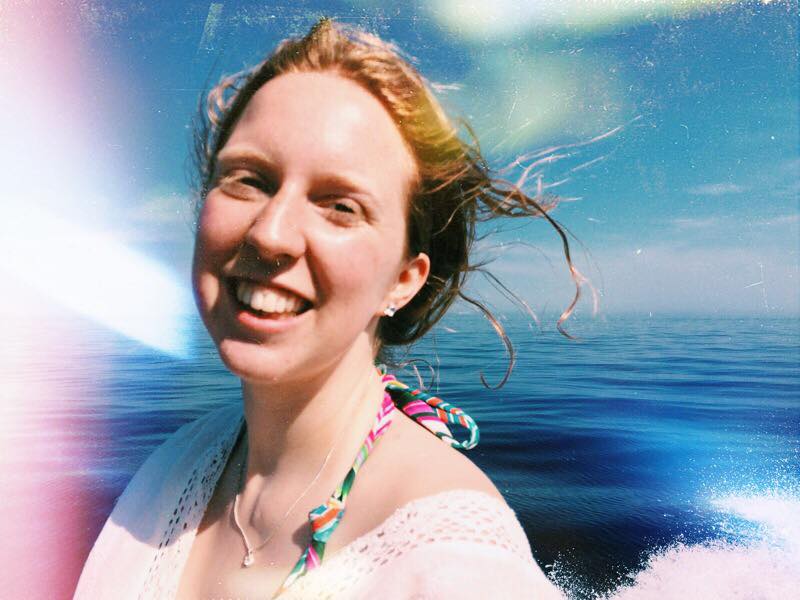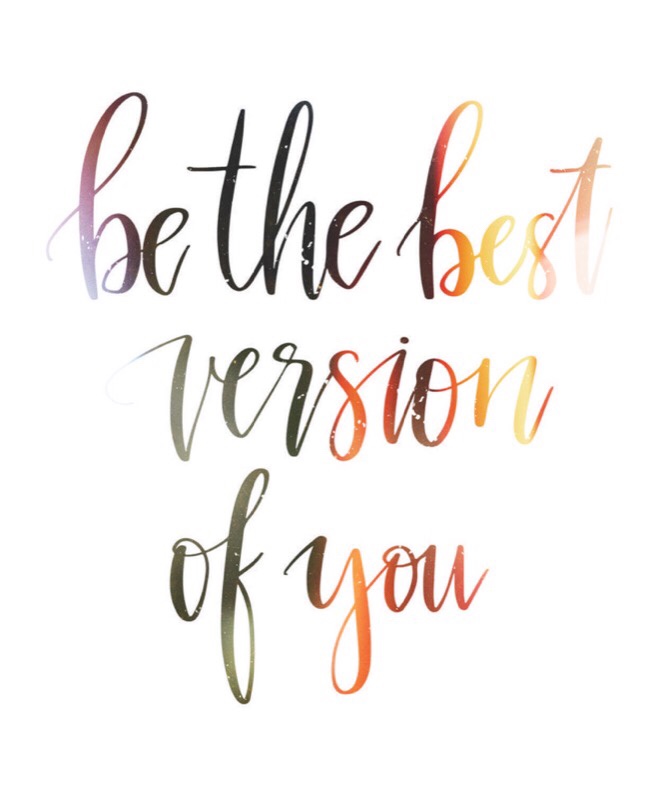
Before posting this, my 17-year-old sister told me not to be scared. She said that it’s such a big part of how I’ve become the person I am, it’s not shameful, it’s just something that happened to me. And she’s right – it happened to me, with the past tense being crucial there, and I’d rather it happened to me than her any day of the year. I want to prevent it from happening to anyone else, because I know this kind of thing is affecting millions of people on a global-scale.
So this an attempt of mine to both condense and describe in as much detail as I can possibly convey, what I went through from around the end of year 9 to year 12. This was the point where at most I felt like I had reached a milestone in recovering from EDNOS: an eating disorder not otherwise specified. I’m hoping that this piece of exceptionally personal writing, like all of the pieces shared already on this platform, will reach out to someone.
I can’t pretend that I don’t feel somewhat embarrassed whilst writing this, as I can imagine some of my school peers won’t have the faintest of clues that I had issues surrounding food and my mental attitude towards it. I almost feel worried that people will think that I’m weird and that I will be judged for posting this. But I do know that those who haven’t experienced mental health issues either themselves or through those close to them will always have some kind of distance in understanding them, and that’s okay. The main reason that my peers might not have realised that I had eating problems was because I was not anorexic. I have never been and I never will be. I was not bulimic, and I did not have a binge-eating disorder. Thus, I did not fit into any of the categories that are medically diagnosed by the NHS as an eating disorder. It makes it all the more difficult to explain that I believe what I went through was on the same scale.
I’ve always been ‘top-heavy’. I’ve always had big boobs, which I’ve always hated. However I can’t change that and I don’t even think I’d want to anymore. I’ve also never had that skinny, ideal figure that epitomised and was the face of the fashion and diet culture of the 1990s. Again, I do not aspire to have such a figure anymore. However in the summer following year 9, in September 2010, I looked at pictures of myself and thought I looked humongous. Both admittedly and factually, I had put on weight – although I was nowhere near large. From here onwards it almost seems like a blur. All I remember is a firm decision that I was going to lose weight, and as quickly as possible.
Before I knew it, I had almost eliminated most of my calorie intake. I was absolutely shattered all the time, I was incredibly irritable and all of my thoughts were consumed by food. I was so tired that I couldn’t exercise other than completing my rigorous routine before bed. I couldn’t stand people talking about food, I couldn’t stand being around food and I tried to avoid any outings with my friends that surrounded food. I remember one time as I tucked into my lunch of two slices of ham and half a pepper, being shouted at by a girl telling me to ‘get some carbs down me.’ I wish I could of. I became anti-social, unhappy and self-absorbed – all in a desperate attempt to lose weight.
And I did lose weight, just in the worst way possible. If you would like to lose weight – I would suggest taking the advice of a qualified nutritionist or a doctor, and not taking a restrictive approach – we NEED food to survive. Our bodies stop functioning without it. I’m not sure entirely if my friends picked up on my weight loss, but I was aware it was noticeable when my P.E teacher pulled me aside asking if I was okay, because I had lost a lot of weight so quickly. I felt so ecstatic when she made this comment as it meant that I was finally getting somewhere and that evening, the number on the scales corresponded. Yet, the next day I got sent home from school because I was so tired from a lack of energy that I felt sick. I didn’t gain any confidence, but I lost it because I was so anxious all the time. Dreading meals. Dreading starving myself but also dreading the thought of putting on weight. It was a never-ending and unresolvable cycle.
So despite how pleased I was with my physical progression, I was going through mental torment. I cannot put it more simply that food was constantly on my mind – a possessive pervading thought that would never leave, not even when I slept. When would I eat next? How many calories will I eat? How many calories have I eaten so far today? What would Mum make for dinner? Shall I weigh myself when I get home? I would ask people what they had eaten to make myself feel better and any discussion of food would make me feel uncomfortable to the point where I would have to leave a room, especially any mention of the word ‘diet’ or ‘gym’. It was mentally and physically draining.
The next phase was binging. As a reactant to my bodies lack of nutritional intake, I was becoming ridiculously hungry to an uncontrollable point, where I thought that if I was going to eat, let’s make a day of it. Binging happened frequently and I even at times looked forward to the cycle of binging then starving, because at least I got to eat nice food for one day. Although, the taste was not what I was focusing on – it was eradicating the sheer feeling of hunger. In one binge, I consumed thousands and thousands of calories and I couldn’t stop. One time I distinctly remember a plate of freshly-baked brownies being on the table and I ate them all uncontrollably. This was followed by hysterical crying, hyperventilating and ringing up both my mum and my best friend asking for help. I felt helpless, ashamed and like I could feel the fat filling up my body. I even remember being at my friend’s house party and there was chocolates on the side and I had a few of them. I started RUNNING around, in front of all of my friends, pretending I was drunk when really I was trying to burn off the calories. Honestly this seems immensely irrational and alien to me right now and I’m so embarrassed to even write that out – but that was the head space I was in. When you’re in that head space, you feel isolated, trapped and like no one understands.
The next two events were the pinnacle catalysts in my call for help. My mum had baked a lemon cake one Sunday and I felt so compelled not to eat any whilst at the same time really wanting to try some. I had two voices battling it out in my head until I started to cry and told my mum ‘I feel like my brain’s going to explode.’ My mum said that my dad cried himself to sleep that night. I was completely out of control, out of my mind and in a completely lose-lose situation. If I ate, then I’d punish myself and if I didn’t eat, I was punishing myself. Then, following my January exams, my sister had made me a cake to say congratulations for getting good exam grades. I got home, saw the cake and felt terrified. I didn’t even regard it as a sweet, kind gesture but instead felt full of fear, worried about what excuse I would have to come up with next. I didn’t expect my mum to get angry, but she did, pointing out how rude I was to ignore my sister’s kind efforts.
It was at this point, finally, that I said I needed to go to the doctors. I felt ridiculous. I’d had enough, I was drowning myself in horrendous thoughts and I could not live through that anymore. It was heart-breaking for me and my family. Now looking back, I feel so sorry for myself. My irrational behaviour is overwhelming to me now, but at the time it was my life – I didn’t recognise that it was unhealthy. I needed professional support before this destructive behaviour really began to ruin my life. Thank god I did, and I encourage any person with harmful thoughts to do so if they also feel like they’re at any point that I have depicted.
So this was part 1 of my story, and part 2 will be posted in due course. It was full of misery, starvation, binging and tears. Of course it wasn’t all horrendous – I got into Sixth Form with good GCSE’s, I had a wonderful family by my side who I am eternally grateful for and friends that I will value forever. However I would describe it as the toughest time of my life so far and how strange to say that it was dominated by food. How could I be fearful of something that humans need to survive? I spend a lot of time wishing that it was a phase of my life that never happened and to this day I wish I was more carefree as opposed to being consciously aware of food and exercise. However, it has been such a valuable experience for me that I want to use for the better – to help young women like myself. I want to use it to help friends, family and strangers with this platform being my starting point. I have now learnt to have a well-rounded, healthy and happy approach to food, love, my body and my mind.
I’m sorry if any of this piece was triggering – I wanted to be as honest as possible. I promise the rest of it is upward and a lot more positive from here, but you have to get through the downs first and I managed to get through mine!




